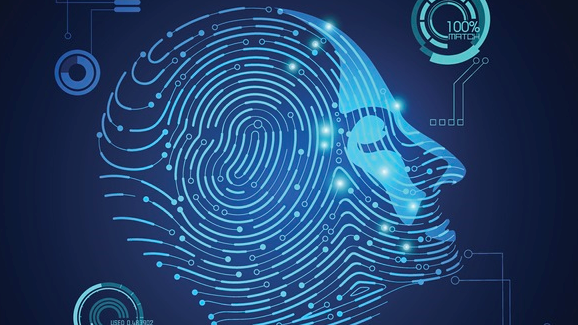I am sure by now many readers will have looked into conspiracy theories concerning this virus outbreak. Bill Gates, Event 201, Microsoft, ID2020 Digital Identity Alliance, DIF (the Decentralised Identity Foundation) and digital vaccine certificates are some of the Google search words you will no doubt have typed.
Whether you buy into the theories, you have to admit the fear caused by this virus puts the future of free movement directly in front of the telescope. It also brings things such as digitalisation of personal health status sharply into view.
The city of Moscow recently introduced a digital pass and tracking system with a QR code on mobile phones. Ordinary citizens have to apply to get the QR code and not deviate from the pre-authorised public transport route on pain of a fine.
In the UK, health secretary Matt Hancock revealed the government is looking at introducing digital certificates to prove someone is immune to Covid-19. If you have the certificate, you can be allowed back to work. Meanwhile, European Commission chief Ursula von der Leyen said life will only return to normal once a vaccine becomes widely available.
If some powerful groups have their way, global citizens will end up with a digital health ID without which certain freedoms would be reduced. Who knows, they may be required until vaccines are in use. Even after vaccines arrive, digital immune certificates may form part of the long-term response; without one, you will not be able to enter a country, work in a building, enter a mall or stay in a hotel.
I cannot help but feel that we need to monitor this idea of freedom of choice and movement being dependent on health certificates.
As that idea expands, there will be many consequences. From a landlord and tenant perspective alone, what if every employer needs to keep data on the health of staff working in its buildings? What risk management does that imply? How will leases reflect data holding, verification and maintenance obligations and liabilities by parties to the lease? How will insurance policies respond? Will tenants and owners require infrastructure such as digital health check stations at offices, shopping centres, hotels, restaurants, airports, conference centres and so on? And isn’t this a huge opportunity for proptech apps to bridge the gap between public health and property management?
We shall see. Keep safe.
Barometer of European investment activity
PropertyEU will be presenting the latest data in our Top 100 Investors series in June. The Deals & Dealmakers report will be part of our June 2020 edition where we will rank firms by volume of real estate transactions completed in the calendar year 2019.
If your company has not yet been contacted by our research team or you wish to provide information, please get in touch at topinvestors@propertyeu.info.
The Deals & Dealmakers ranking is a great barometer of active players in the European real estate market. For reference, last year we found that a company that bought and sold property tallying €1 bn made the cut for the Top 100 ranking.
At the larger end, we saw the likes of Blackstone, Allianz, Swiss Life, Vonovia and AXA. Just as interesting are the biggest movers. Who will figure this time around?
As well as appearing in the ranking, there is the possibility to increase visibility to the market by taking an extended listing complete with company logo, address, contact details and a summary of your activities that positions you ahead of the pack. The Top 100 report also presents opportunities for content partnerships.
For more details, contact Edward Roche at Roche@PropertyEU.info



































